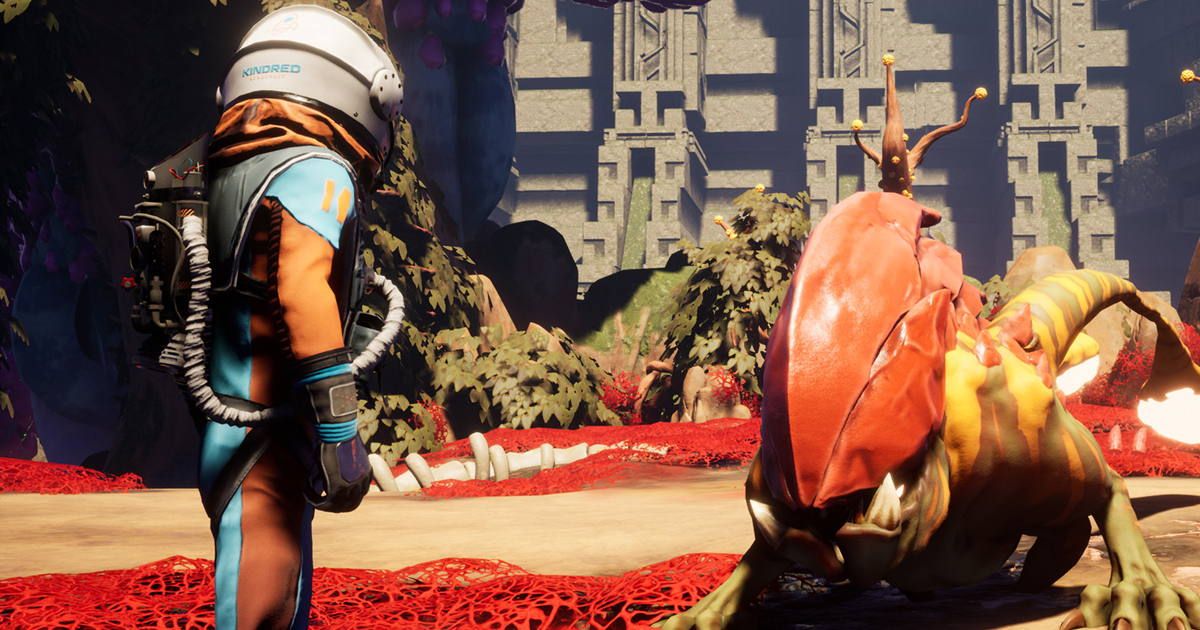Journey to the Savage Planet devs open new Tencent-backed studio, securing game rights from Google
Developers from Typhoon Studios, known for Journey to the Savage Planet, have started new studio Raccoon Logic. On top of that, the industry veterans managed to secure the IP rights for their main title from Google.
The formation of Raccoon Logic was announced on August 11. The Montreal-based studio employs around 15 people, with 75% of them being former developers from Typhoon Studios.
Raccoon Logic was founded by five people, who also worked together at Typhoon:
- Studio head and executive producer Reid Schneider, who previously was a co-founder of WB Games Montreal and worked on the Batman: Arkham series;
- Creative director Alex Hutchinson, who worked at Ubisoft Montreal and Electronic Arts and helped develop games like Far Cry 4, Assassin’s Creed 3, and The Sims 2;
- CTO Yannick Simard, who worked at Ubisoft on the first two games in the Watch Dogs series;
- Art director Erick Bilodeau, whose portfolio includes titles like Far Cry 2, Batman: Arkham Origins, and Mighty Quest for Epic Loot;
- Technical design director Marc-Antoine Lussier, who worked on the Assassin’s Creed series and games like Myst 4 and Syberia.
Typhoon Studios was acquired by Google and brought into Stadia Games and Entertainment. When Google shut down its internal studios earlier this year, the developers decided to unite and form a new team.
Speaking about the shutdown of the Stadia internal development, Schneider said that Google couldn’t adjust to the realities of multi-studio development. “In my honest opinion, I think it just came down to the level of investment required to reach scale,” he said, according to Gamasutra. “From what we saw at Google, the sense was that if the initiative does not have the potential to reach billions of people then it’s better for them to deploy the workforce/capital into other areas.”
Raccoon Logic also secured the IP rights for Journey to the Savage Planet. “Google’s used to acquiring things, but not necessarily divesting them,” Schneider told GamesIndustry.biz. “Getting the code and the IP back actually took longer than the acquisition because they just weren’t used to this kind of thing.”
The studio has already received a minority investment from Tencent, although the financial terms of the deals remain unknown.
